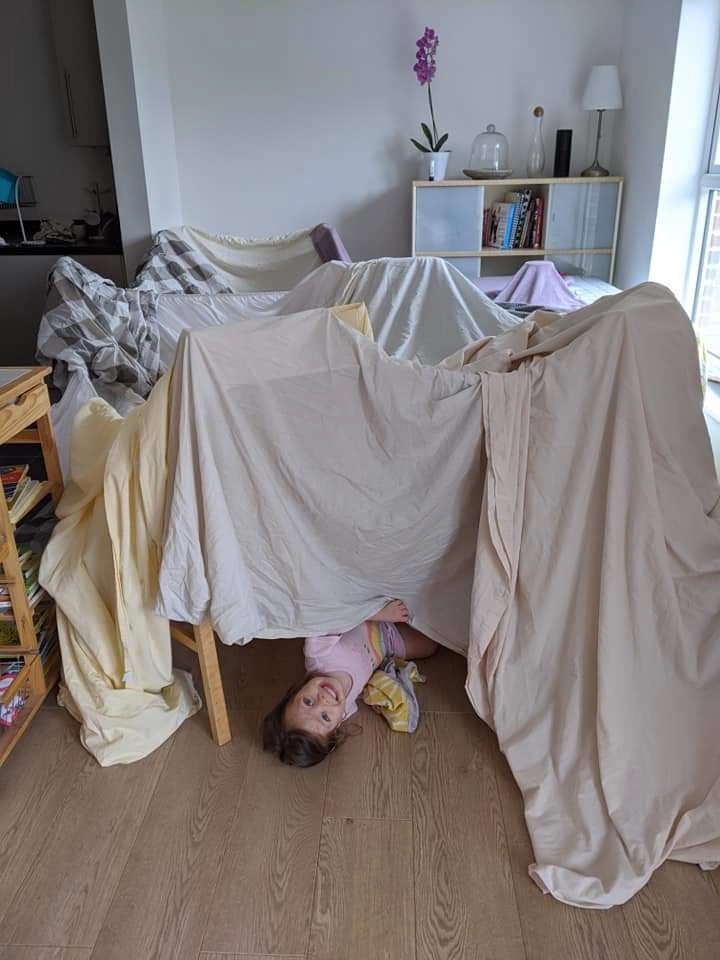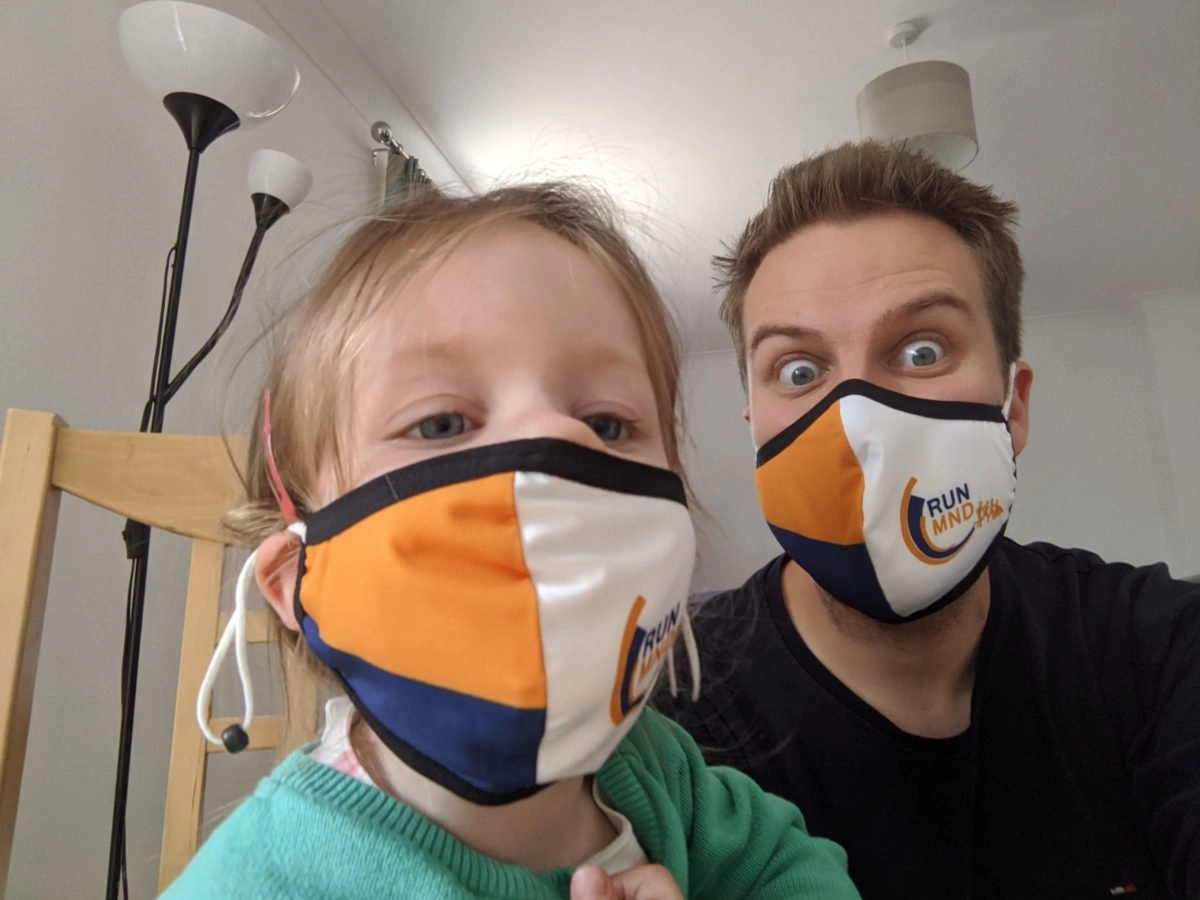Five things they don’t tell you when returning from furlough
As fundraisers we often feel we are ‘living our job’ rather than having a more normal work/life split. That’s not to say we don’t have work life balance, but just that ours is a bit more dynamic than say shift-based work.
For that reason, I like many, am guilty of checking my work email whilst on holiday, relaxing, having dinner. I feel like work is a huge part of me and that I always ‘have time’ for anything where a swift response can make a difference to someone.
When I was furloughed, it was a mixed bag of emotions for this reason. Utter relief that raising a child for 12 hours of a day wasn’t followed by cramming work in, but also regret that I’d be away from my passion for an unstated amount of time. It ended up being a wonderful period and I squeezed in some sector specific volunteering too (write up is nearly finished…) to really make the most of a bad situation. Nonetheless, when I was called back into the fray I jumped for joy!
Advertisement
Here are the things that I wish I was told on the welcome back call.
1. You’re going to be very tired
At seven weeks it was the longest that I didn’t engage in some sort of work since I was washing pots in the local pub as a 15-year-old. The 9-5 routine was something I maintained whilst I was off, but I wasn’t as prepared for the video calls, planning, email trawling etc. It really took it out of me. Only during week three of my return did my energy levels feel normal, a lot of friends have reported the same issues.

2. Your financials/KPIs might be a bit scary
You may well have expected finances not to look as good as in a ‘normal’ year for many disciplines of fundraising, yet the expectation and the reality are two different things. Coming back after many weeks of reflection means this data isn’t as normalised as when you went off.

3. Colleagues are tired
Whilst you have been away, they have carried on working. They have been on Zoom and Teams, they have covered fringe elements of other people’s roles and they probably haven’t taken much annual leave. You may be back with all the bounciness and passion a break can afford you but bear in mind that’s not always going to be where your colleagues are. Also bear in mind they might still expect that from you, either way.

4. You are both disconnected but may also have the best perspective, at the same time!
You will have missed a series of strategic decisions, evolving landscapes and difficult conversations. It’ll take a while to regain those elements. That being said, your colleagues will have been living in the moment for weeks whilst you have had time to meditate and contemplate the future. It will be a tricky line to walk between respecting what’s happened whilst you were off and using the benefit of the rest to guide some future optimism.

5. Don’t beat yourself up – we’ve all dealt with the pandemic in our own way.
You’ll regret not making the most of your furlough. I did as much as I could, lost a lot of weight both in my body and in unnecessary items in my flat. I had a great time bonding with my daughter, in a way I only wished I could normally, and I kept intellectually stimulated. Still there’s two or three jobs I didn’t get done on my list. It’s those I dwell on…
Luckily, if you are reading this you are probably a fundraiser and know that the solution to all of the above is to communicate openly how you are feeling. We are so lucky to be such an empathetic bunch, so make the time to talk with and support each other, be mindful of other people’s needs and, cliché ahead, remember it’s a marathon not a Mars bar.
- Institute of Fundraising Awards recognise the fundraiser behind a furlough support group (4 January 2021)
- Sailing through the fog of furlough together: the story of the forloughed fundraising chat group (16 October 2020)
- Furlough a fundraiser or stop a service? Surely it’s a no-brainer (5 June 2020)





